It is full of excellent information on how it feels to experience a death and how to survive a death.
“I have lived in the shadow of loss—the kind of loss that can paralyze you forever.
I have grieved like a professional mourner—in every waking moment, draining every ounce of my life force.
I died—without leaving my body.
But I came back, and now it’s your turn.
I have learned to remember my past—without living in it.
I am strong, electric, and alive, because I chose to dance, to laugh, to love, and to
live again.
I have learned that you can’t re-create the life you once had—you have to
reinvent a life for yourself.
And that reinvention is a gift, not a curse.
I believe your future self is a work of art and that science can help you create it. If you’re lost . . . if you’re gone . . . if you can barely absorb the words on this
page . . . I want you to hold this truth in your heart: when it’s your time to go, you won’t wish you had spent more time grieving; you’ll wish you had spent more time living.
That’s why I’m here. And why you are, too.
Let’s live like our lives depend on it.”
Christina Rasmussen, Second Firsts: Live, Laugh, and Love Again
Christina Rasmussen
Website: https://christinarasmussen.com/
Genre: Self Help
edit data
As the founder of The Life Reentry Institute an organization to help people create a pathway back to life after loss, Christina spends her time speaking, coaching, and helping thousands of people rebuild, reclaim, and relaunch their lives using the most powerful tool for personal reinvention: the human mind. Her personal story and fresh approach to life after loss has garnered international attention.
She writes for the Huffington Post, she's been featured as a Woman Working to Do Good in the White House Blog, and she was named the Leading Mom in Business by StartupNation.
Hope this helps someone who is grieving a loss during this holiday season.
My prayer is for God to send his comforting spirit to your heart.
Enjoy this holiday season with your friends and family while you still can. Nothing is promised to us, least of all the amount of time we have on earth. Don't worry what others may say about you:
It's your life, given to you by God.
Live it the way YOU choose.
Merry Christmas and Happy New Year!
XOXO


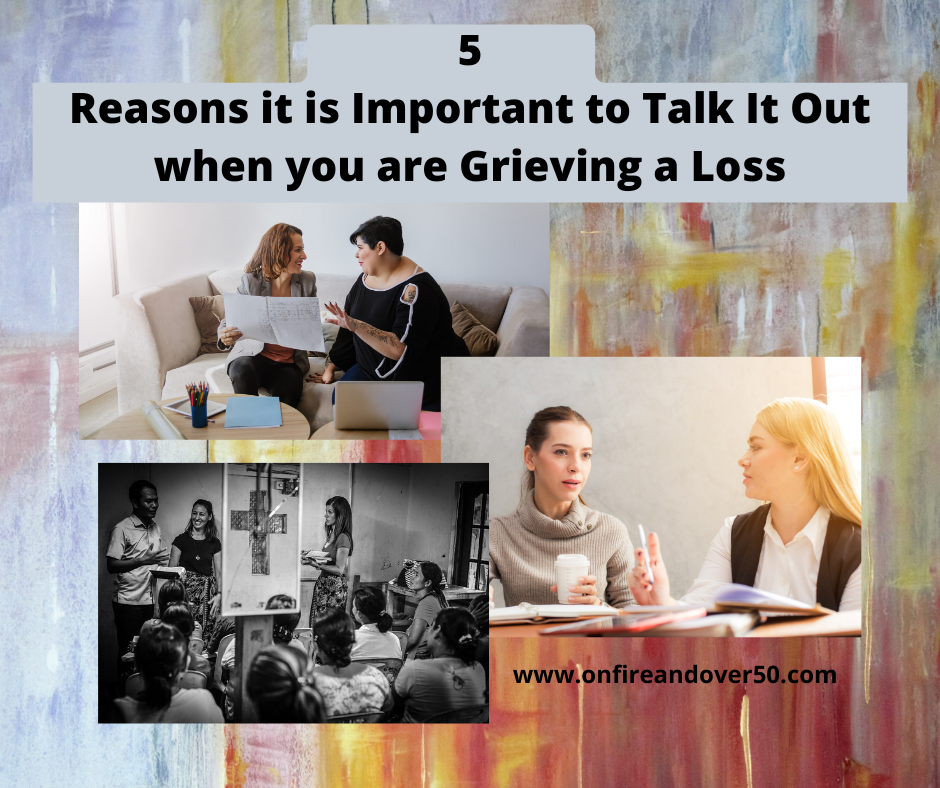
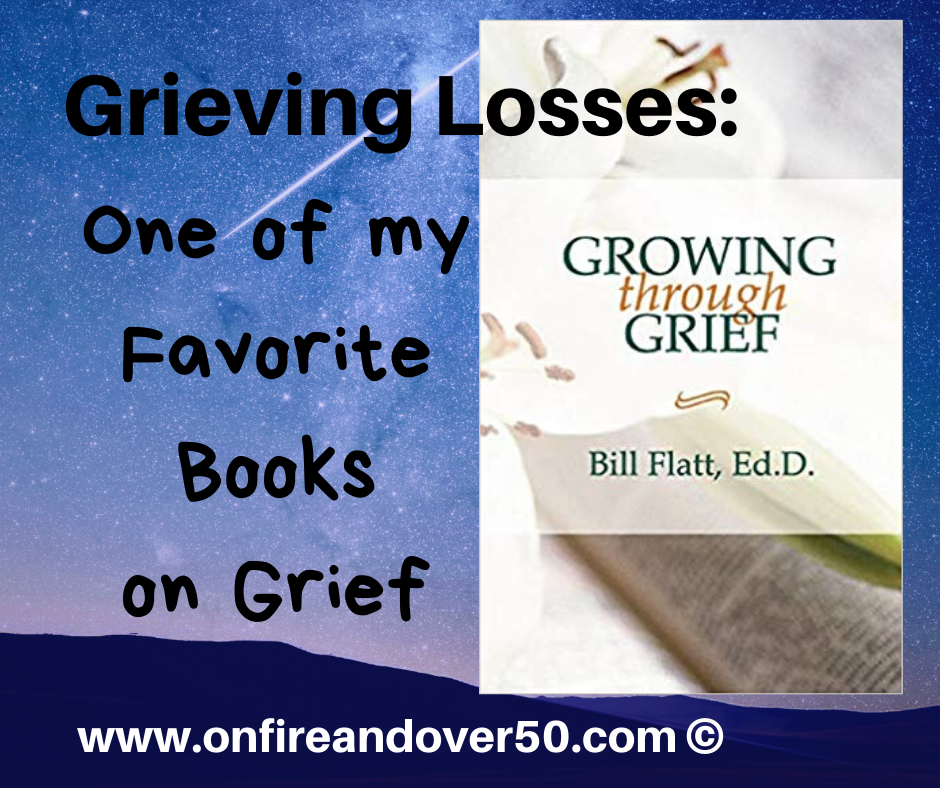
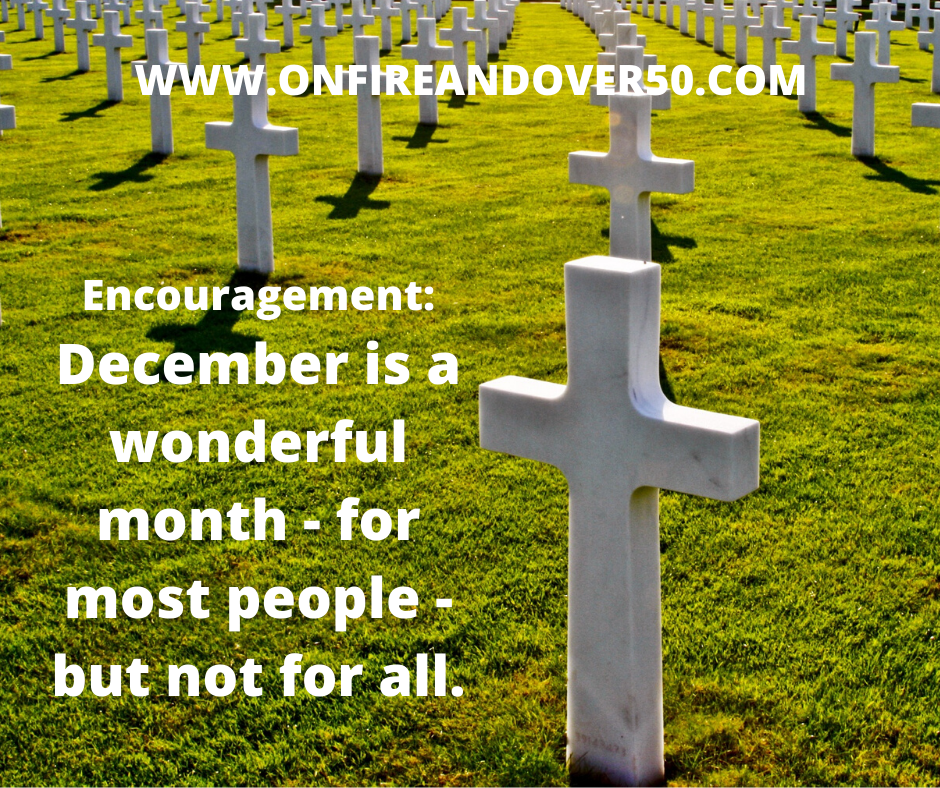
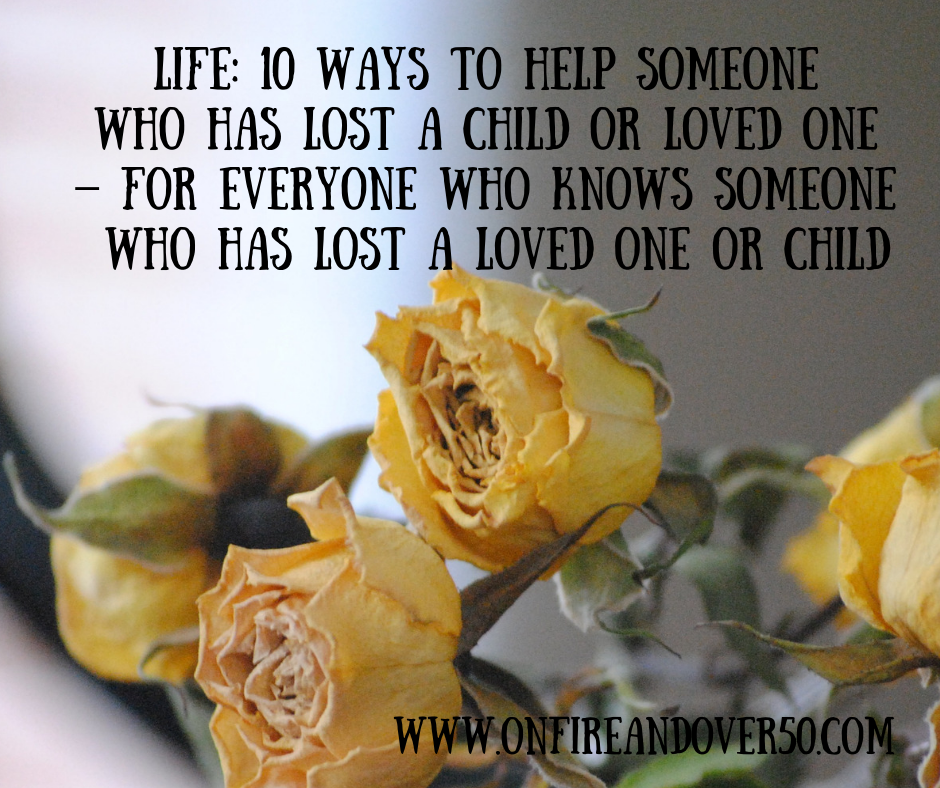
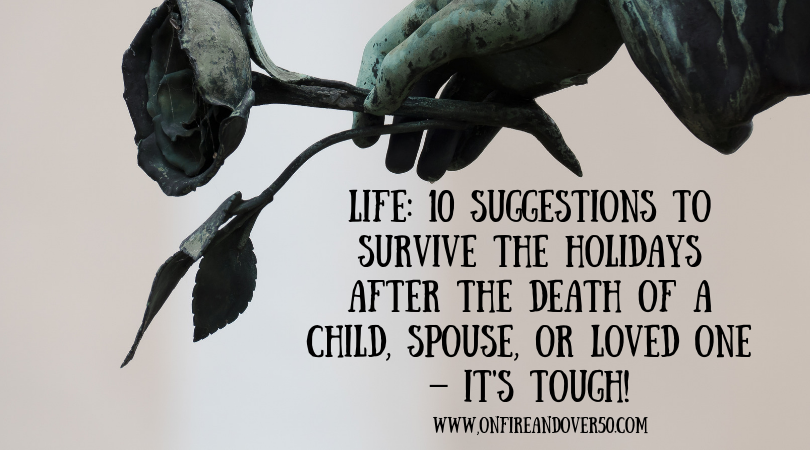
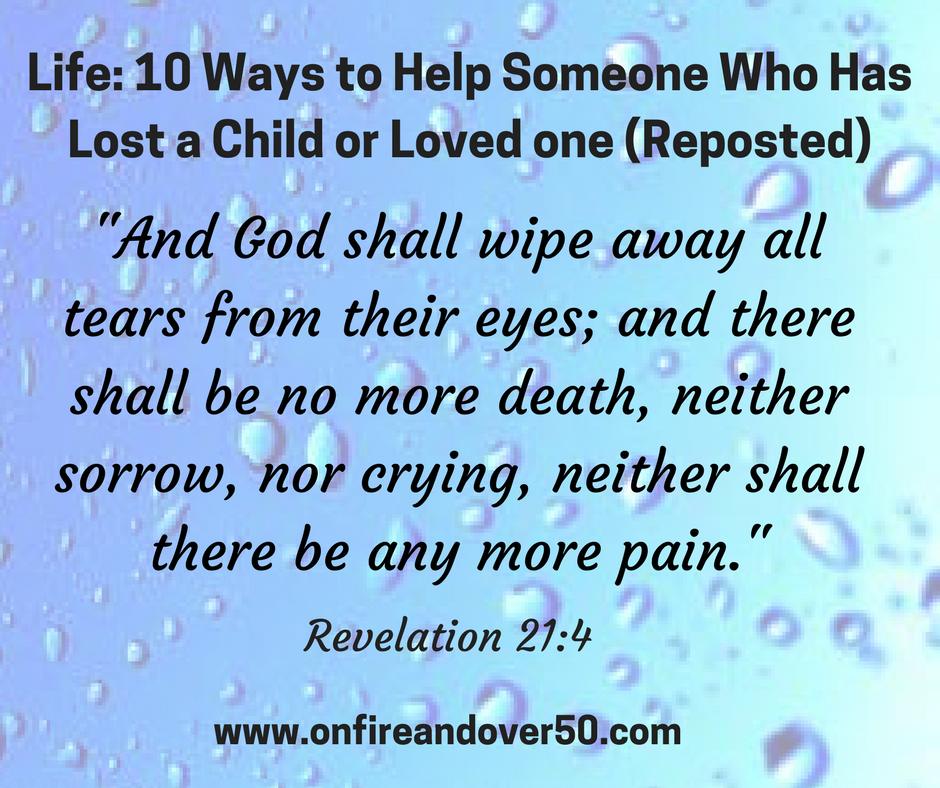
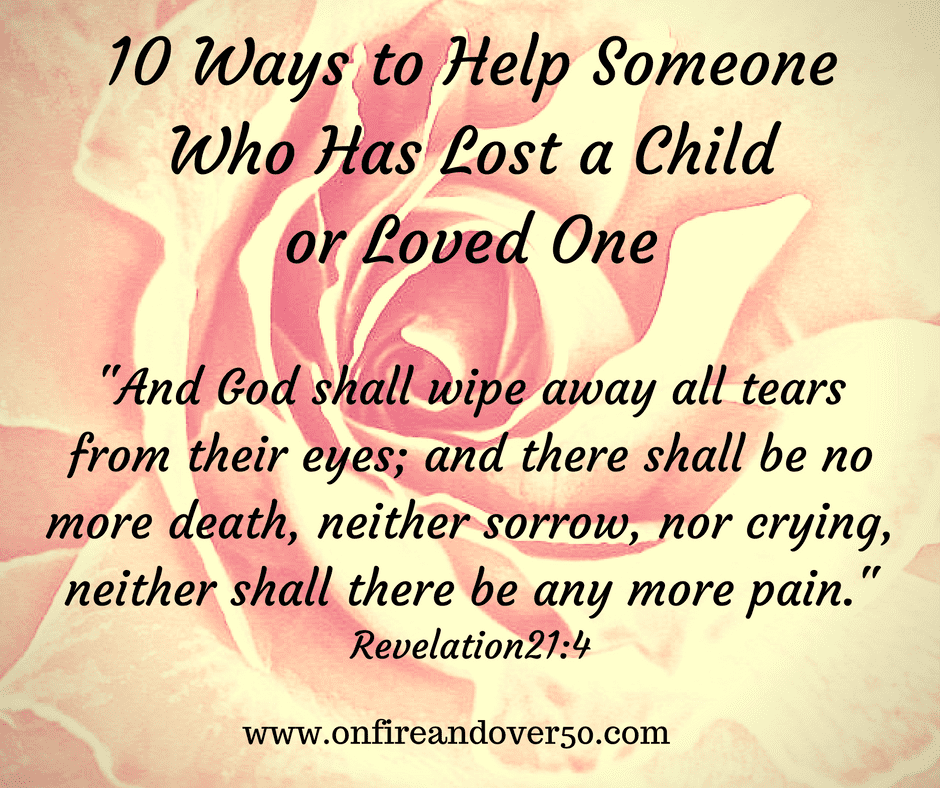
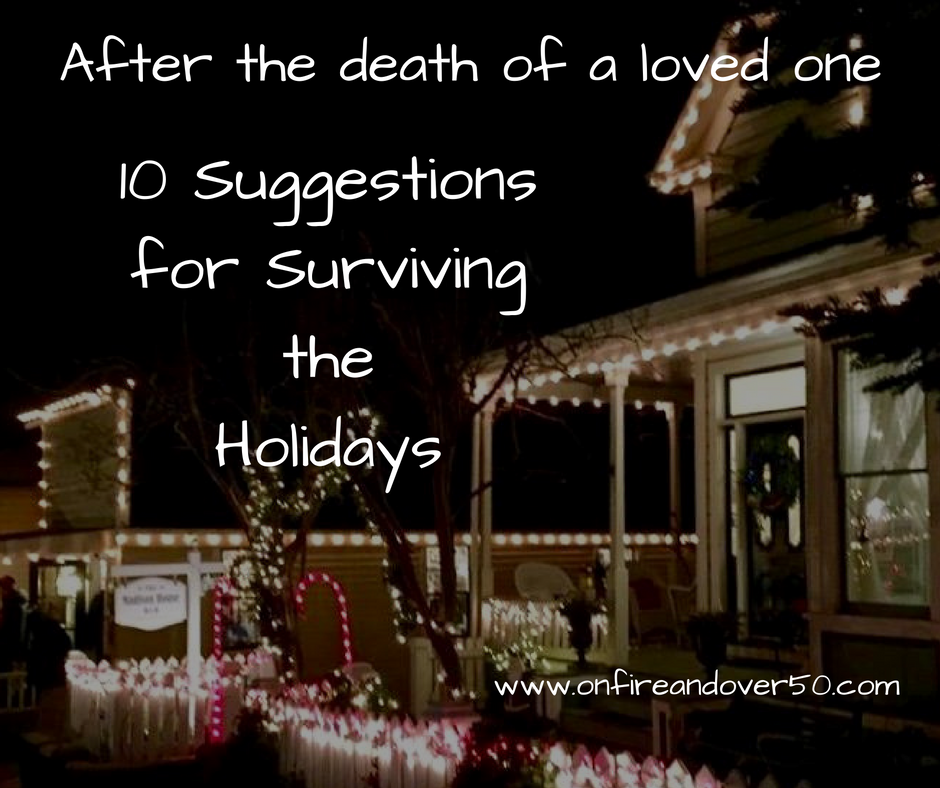
 RSS Feed
RSS Feed